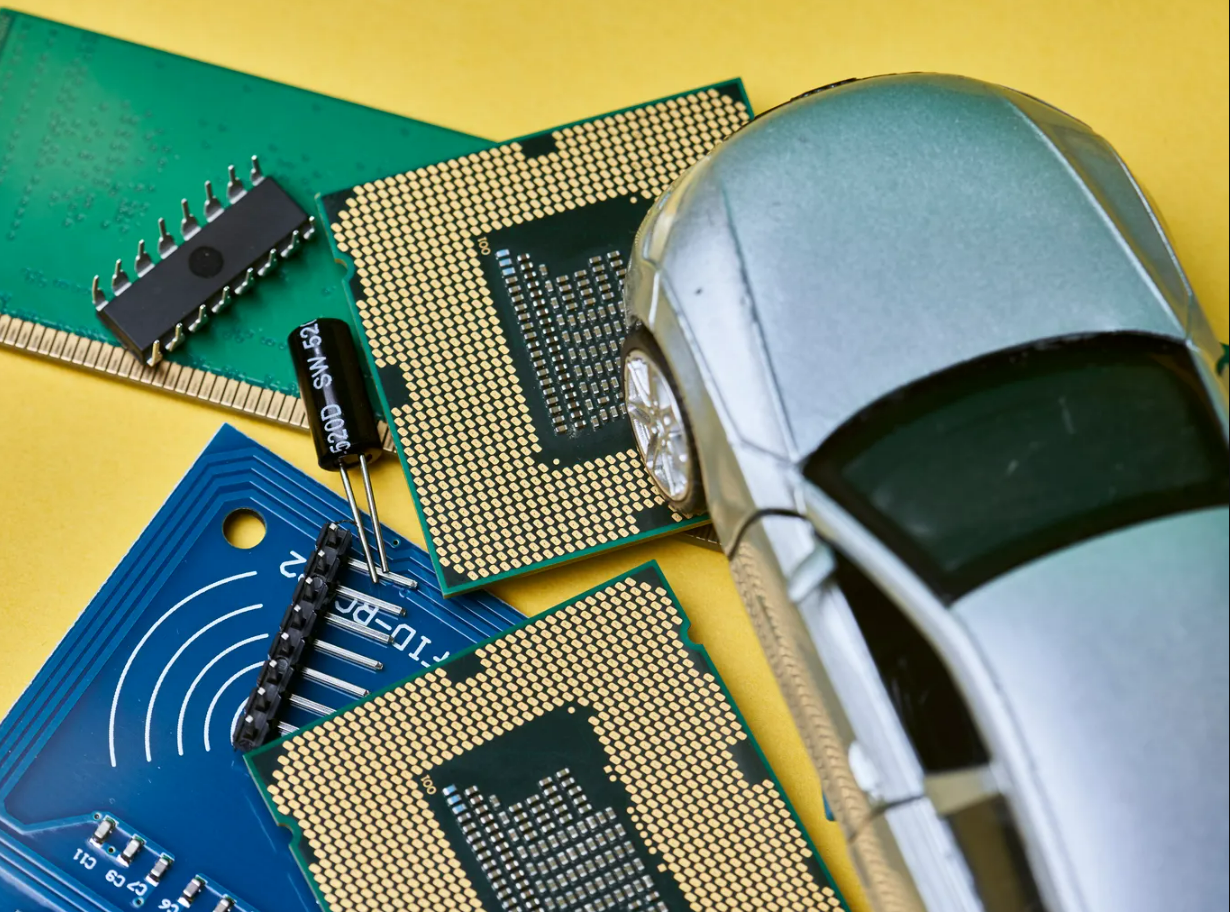
New Delhi: Driven by cutting-edge technology and innovation, the mobility landscape is undergoing a significant shift. India’s electric vehicle (EV) market is poised for a substantial upsurge, with annual sales projected to cross one crore units by 2030, as stated in the Economic Survey 2022-23.
EV is emerging as a rapidly growing industry. The increasing presence of EVs on our roads, reflecting a growing environmental consciousness among both the manufacturers and the consumers, is truly remarkable.
EVs lead the sustainable future movement, with electronics and semiconductors playing a pivotal role at their core. On this World EV Day, we delve into the harmonious partnership between EVs and semiconductors, portraying them as two perfect notes in a symphony, working together to pave the way for a greener planet.
Rise of electric vehicles
EVs, once a specialized niche, have solidified their status as the vanguard of transportation’s future. This transformation is fuelled by the imperative to mitigate climate change and reduce the ecological impact of conventional internal combustion engine (ICE) automobiles. In stark contrast to their fossil-fuelled counterparts, EVs emit no tailpipe emissions and play a pivotal role in combating air pollution and reducing greenhouse gas emissions.
Governments worldwide are setting ambitious targets for the electrification of their transportation sectors, prompting major automakers to invest significantly in EV research and development. As a result, the EV market is growing exponentially offering an increasing range of models to customers.
Role of electronics and semiconductors
Electric vehicles are a critical component of the green future, and their efficiency, safety, and functionality depend heavily on electronics and semiconductor technology.
Semiconductors are the brains behind the operation of EVs, enabling them to perform at their best.
Here’s how semiconductors drive the EV revolution.
Safety and Autonomous Driving: Advanced driver-assistance systems (ADAS) and autonomous driving technologies rely on semiconductors for real-time data processing, enabling safer and more efficient transportation.
Connectivity: Semiconductor technology allows EVs to connect seamlessly with external networks, vehicles, and infrastructure, enhancing vehicle-to-grid (V2G) capabilities and contributing to peak demand energy solutions.
Charging Infrastructure: Successful transition to sustainable mobility relies on a strong ecosystem around EVs. Semiconductors facilitate the development of high-speed, efficient EV chargers, making EV adoption more convenient. .
Battery Management: Semiconductors play a vital role in managing lithium-ion batteries in EVs, enhancing battery life and energy efficiency while reducing waste.
Motor Control and Regenerative Braking: Electric vehicles use semiconductor-based motor controllers for precise power distribution to electric motors, improving energy utilization and reducing energy consumption through regenerative braking systems.
Overcoming obstacles
While the partnership between EVs and electronics & semiconductors promises a sustainable future, several areas need immediate and consistent focus. Let’s look at a few of them.
Streamline semiconductor supply chains: Address supply chain disruptions in the semiconductor industry to prevent delays and limitations in EV production.
Eco-friendly Manufacturing: Innovate in materials and production techniques to reduce the environmental impact of semiconductor manufacturing.
Talented Workforce: Upskill professionals in electronics design and manufacturing to meet the evolving needs of the automotive sector.
Collaborative pathways
Electric vehicles and semiconductor technology development are at the forefront of the green revolution in transportation. Collaboration between the automotive and electronics and semiconductor industries will be pivotal in driving progress, addressing supply chain gaps, enhancing manufacturing sustainability, and expanding charging infrastructure.
Together, they offer an inspiring vision of a sustainable, eco-friendly future where transportation is efficient, convenient, and environmentally responsible. We can ensure a successful and inclusive transition to shape a cleaner, greener world for generations to come.
(Disclaimer: Sanjay Gupta is president and CEO, Advanced Technology, Spark Minda. Views are personal).















